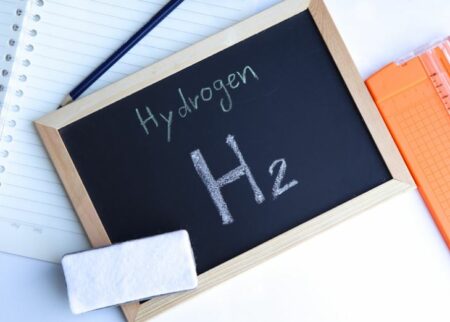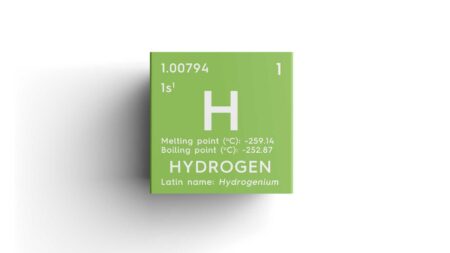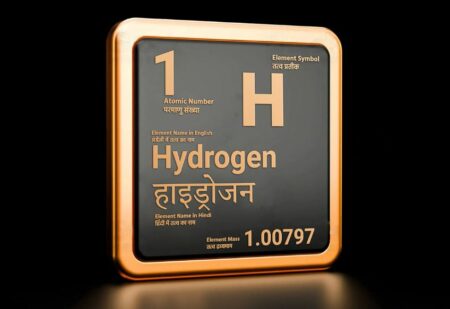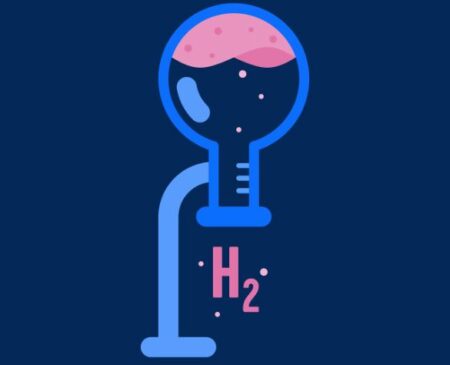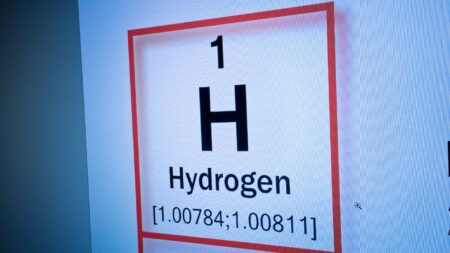Hydrogen produced from renewable energy sources is increasingly seen as a vital component in Europe’s strategy to reduce carbon emissions. A recent study conducted by the Joint Research Centre (JRC) for the Clean Hydrogen Partnership highlights the environmental implications of different hydrogen production and delivery methods.
Browsing: Report
The Franco-German parliamentary assembly’s efforts to revive energy cooperation between two European powerhouses signal a potential shift towards collaborative strategies in the hydrogen and geothermal sectors.
A committee of over 200 experts from diverse sectors has released a comprehensive report on how hydrogen can contribute to U.S. climate goals.
The Ministry of New and Renewable Energy in India has recently issued an office memorandum, dated May 27, that exempts solar and wind energy plants from the Approved List of Models and Manufacturers (ALMM) and the Revised List of Models and Manufacturers (RLMM) requirements, provided these plants are dedicated to green hydrogen production.
Recent initiatives by car manufacturers underscore the renewed interest in utilizing hydrogen as fuel. However, realizing the vision of a hydrogen-powered future requires robust infrastructure and investment from diversified businesses, especially those in North Asia.
Gold Hydrogen has achieved a milestone in its Ramsay Project on the Yorke Peninsula, South Australia, by completing Stage 1 well testing with exceptional purity levels of 17.5% helium and 95.8% natural hydrogen.
Hydrogen currently accounts for only 2.5% of total energy consumption, with 99% of this being “grey” hydrogen produced using fossil fuels. Green hydrogen, produced through water electrolysis powered by renewable energy sources, is the subject of growing global interest.
The global supply of low-carbon hydrogen is set to be dominated by the US, Europe, and China by the end of the decade, driven by strong regulatory support and ambitious growth targets, according to a recent report by BloombergNEF (BNEF).
South Korea has launched an ambitious auction to procure electricity generated from “clean” hydrogen power plants, marking a significant step in its efforts to reduce greenhouse gas emissions and foster competition in the hydrogen energy sector.
Researchers at Tohoku University in Japan have made significant strides in the hydrogen energy sector by developing a data-driven model to predict barriers related to dehydrogenation in magnesium hydride, a promising material for solid-state hydrogen storage.


